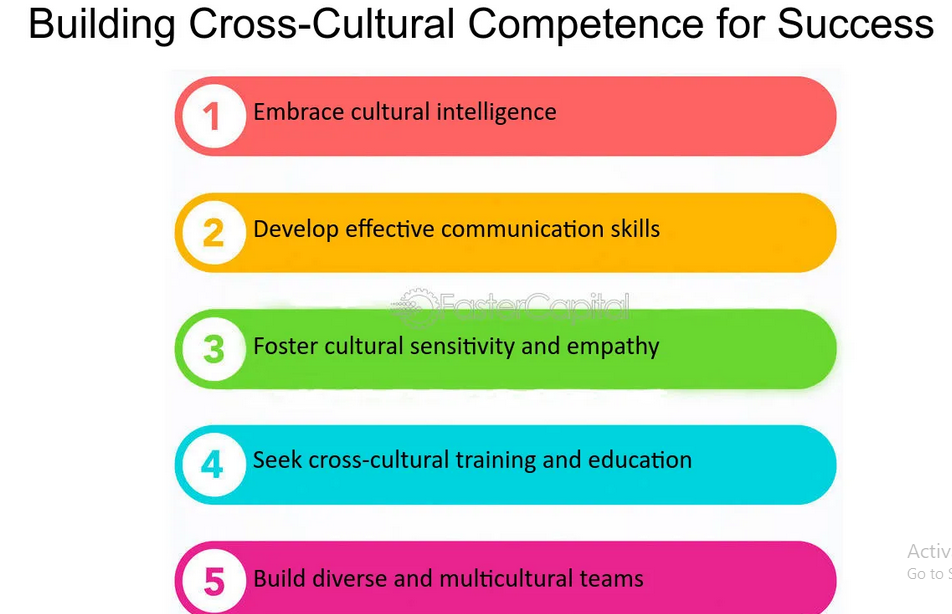Navigating cultural differences is crucial in international marketing to ensure that your marketing efforts are effective and well-received in diverse markets. Cultural nuances can significantly impact consumer behavior, perceptions, and preferences. Here are some key strategies for navigating cultural differences in international marketing:

Cultural Research:
Understanding Local Customs and Traditions: Conduct thorough research on the cultural norms, values, customs, and traditions of the target market. This includes language nuances, communication styles, and social etiquette.
Consumer Behavior Analysis: Understand how consumers in the target market make purchasing decisions, their preferences, and the factors that influence their buying behavior.
Legal and Regulatory Compliance: Be aware of and comply with local laws and regulations related to advertising, marketing, and product offerings.
Localization:
Language: Translate your marketing materials accurately, considering linguistic and cultural nuances. This includes slogans, product names, and content. Ensure that translations are not only linguistically correct but also culturally appropriate.
Visuals and Imagery: Use culturally relevant visuals that resonate with the target audience. Be mindful of colors, symbols, and images that may have different meanings in various cultures.
Product Adaptation: Tailor your products or services to suit local preferences and needs. This may involve adjusting features, packaging, or positioning.
Cultural Sensitivity:
Avoid Stereotypes: Be cautious of using stereotypes that may offend or misrepresent a particular culture. Aim for inclusive and culturally sensitive messaging.
Respect Cultural Sensitivities: Be aware of and respect cultural sensitivities related to topics such as religion, gender, and social norms.
Local Partnerships:
Collaborate with Local Experts: Partner with local agencies, consultants, or experts who have a deep understanding of the local culture and market. Their insights can be invaluable in crafting effective marketing strategies.
Engage Local Influencers: Leverage local influencers who are respected and trusted within the target market to endorse your products or services.
Adapt Marketing Strategies:
Communication Channels: Consider the most effective communication channels in the target market. Some regions may prefer online channels, while others may rely more on traditional media.
Promotional Timing: Be mindful of cultural events, holidays, and peak seasons that may impact consumer behavior and purchasing patterns.
Continuous Monitoring and Feedback:
Feedback Loops: Establish feedback mechanisms to continually monitor and assess the effectiveness of your marketing strategies. Stay agile and be willing to adjust your approach based on feedback.
Market Trends: Stay updated on cultural and market trends to ensure your marketing efforts remain relevant over time.
By taking a proactive and culturally sensitive approach, international marketers can build trust, connect with their target audience, and achieve greater success in diverse markets.
